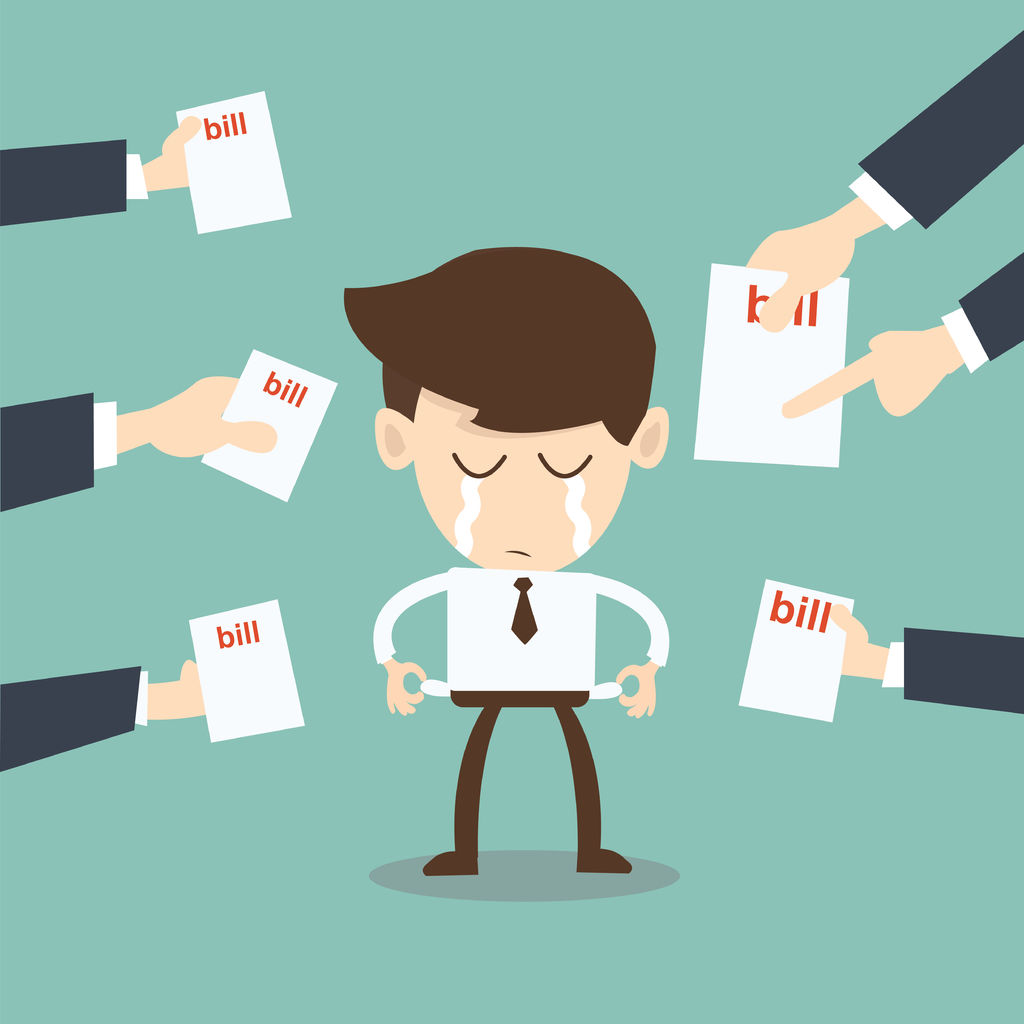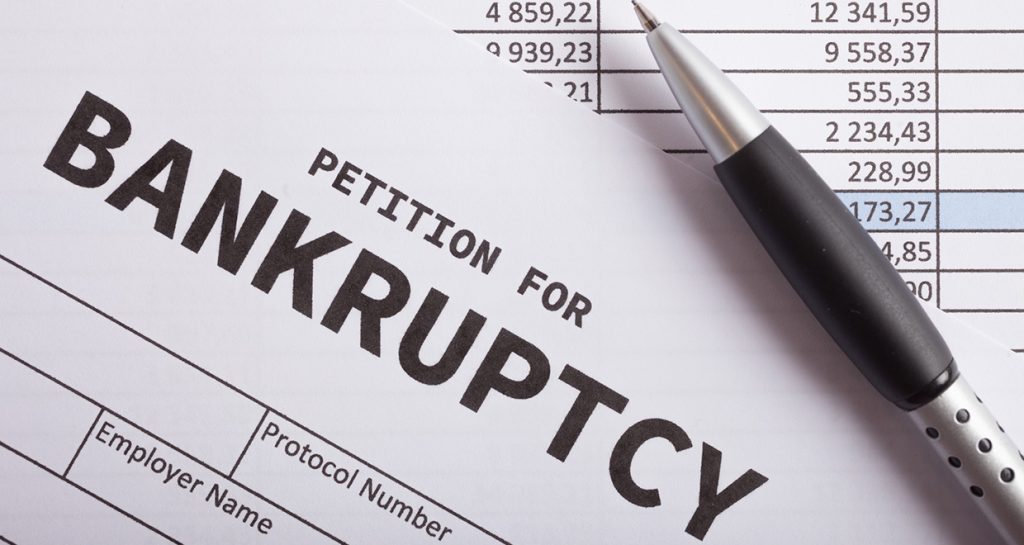By now, you’ve probably heard some scary myths about bankruptcy. Most people are afraid of bankruptcy, even though they can be easily saved from financial ruin. In reality, in almost all cases, the debtor or debtors are better off financially after bankruptcy than if they had simply not paid their debts to creditors. Irrational fears often prevent at least one conversation with an experienced bankruptcy lawyer. By dispelling some of these myths, we hope to help you decide to consult with an experienced bankruptcy attorney and determine if bankruptcy is the right path for you. Here are eight examples of common myths about bankruptcy:
Myth 1: If you are unemployed and have no assets, there is no need to file for bankruptcy.
For some people, this is true. If you have no assets or income, creditors may not be able to collect a judgment against you. However, you can file for bankruptcy to improve your credit rating. Even if you are unemployed, creditors can collect your wages if you return to work. However, you should seek legal advice on whether and when to file for bankruptcy.
Myth 2: The new bankruptcy laws have made it too challenging to discharge debts.
That’s definitely not true! The new bankruptcy laws have only changed the way consumers can qualify for different types of bankruptcy. They do not prevent anyone from filing under Chapter 7 or Chapter 13, and in most cases, you can get the same help as before the law was changed.
Myth 3: I will lose everything I have!

No! Although each state has different exemption laws, most people filing for bankruptcy in Oklahoma lose nothing they want to keep. Oklahoma actually has strict exemption laws that protect certain assets, such as your house, car, property, IRA funds, retirement plans and many tort claims, from being seized by creditors. If you have a property that an exemption can’t protect, you can file for Chapter 13 bankruptcy. This way, you can collect delinquent payments, avoid further interest rate increases, and keep your house, car, or truck while you pay.
Myth 4: After I file, someone will come to my house looking for things to sell.
Someone will rarely come to your home to inspect your property. You must list all of your property on the bankruptcy form under oath.
Myth 5: Everyone will know I’ve gone bankrupt.
Unless you’re a well-known politician, movie star, professional athlete or star of your own reality show, only your creditors will likely know you’ve filed for bankruptcy. Bankruptcy is indeed a public process, but the number of people filing for bankruptcy is so large that few newspapers have space, staff or will to publish all filings. Given the millions of people who go bankrupt each year, someone you know may have gone bankrupt without your knowledge.
Myth 6: You can choose which debts are included in the bankruptcy.
You don’t. You have to list all your debts, the creditors who owe you money and your assets. You cannot distinguish between different creditors, even if you want to keep paying them. If you’re going to pay a particular debt after bankruptcy, that is your right, but you are not obliged to do so after bankruptcy.
Myth 7: Bankruptcy does not eliminate tax debts.
Sometimes it does, sometimes it doesn’t. If you have always filed your tax return on time, you can have your tax debts erased in bankruptcy for more than three years ago. Several conditions must be met for your taxes to be discharged.
Myth 8: If you are married, you and your spouse must file for bankruptcy at the same time.
This is not true! It’s up to you whether or not you want to file jointly or separately. It is appropriate for spouses to file jointly in many cases, but in some cases, spouses may not want to file jointly. That’s perfectly appropriate, and the court will allow it. However, both spouses who continue to live together must fully disclose their income to determine whether the bankruptcy petitioner meets the bankruptcy criteria and passes the income test.
Are you in a difficult financial situation and looking for a reliable bankruptcy lawyer? Contact the experts at Nater Law Firm, PLLC, to discuss the details of your financial burden and receive legal clarification on the various elements available.

